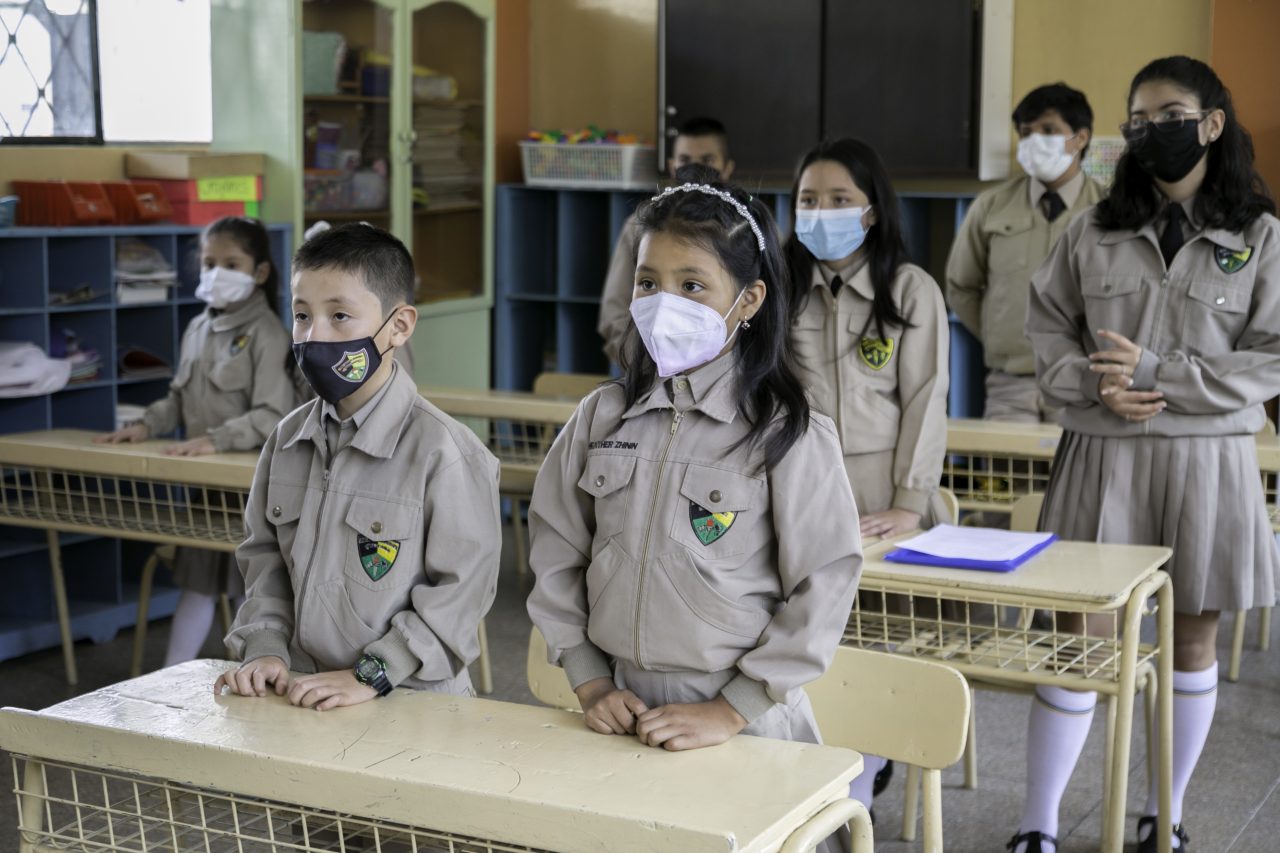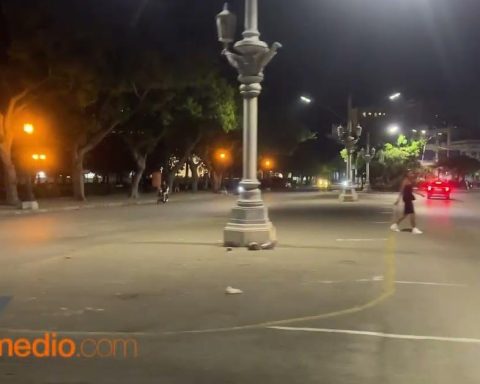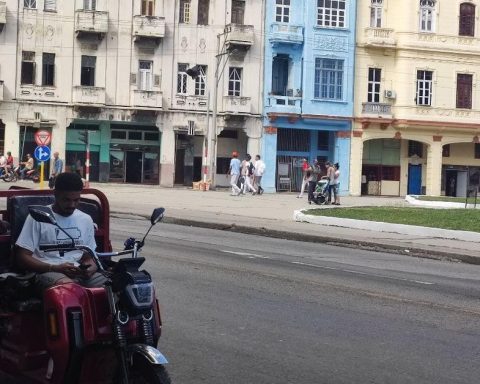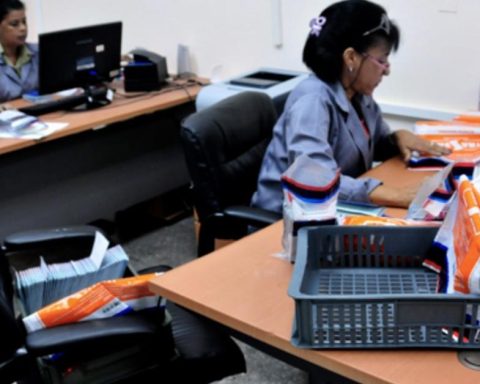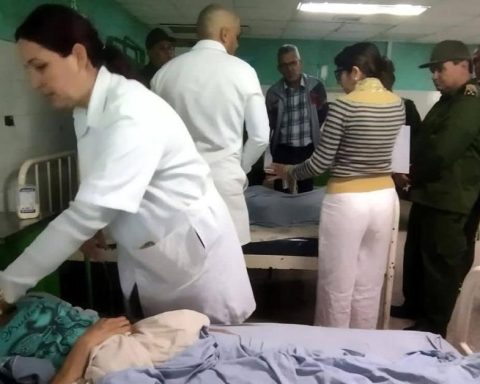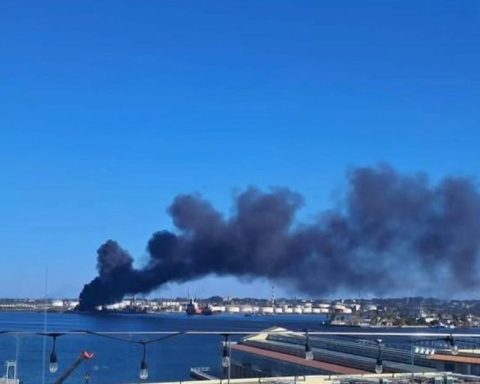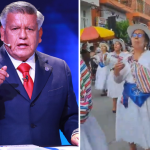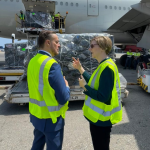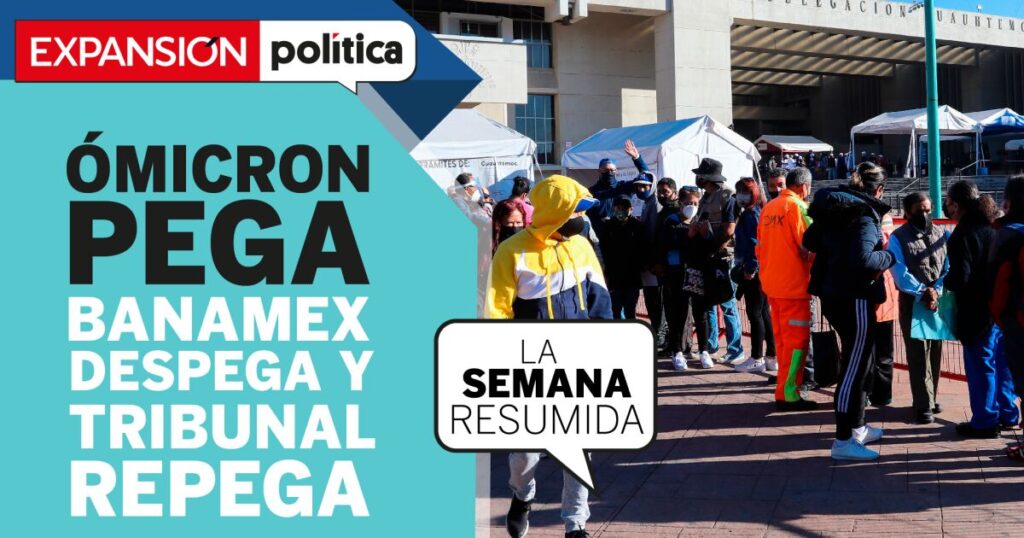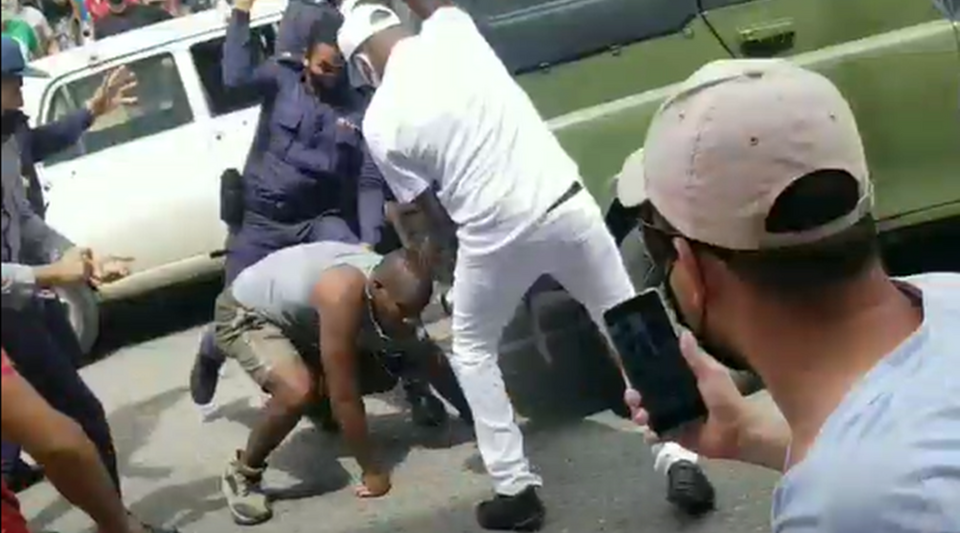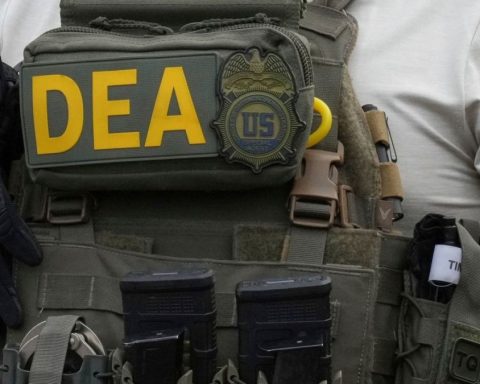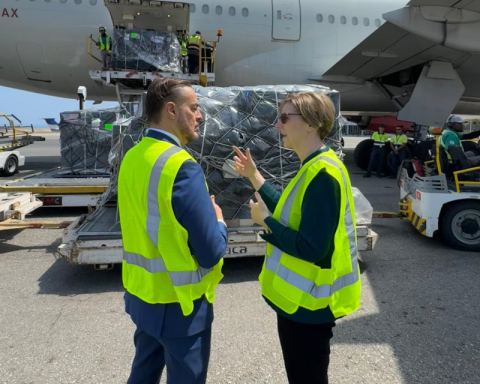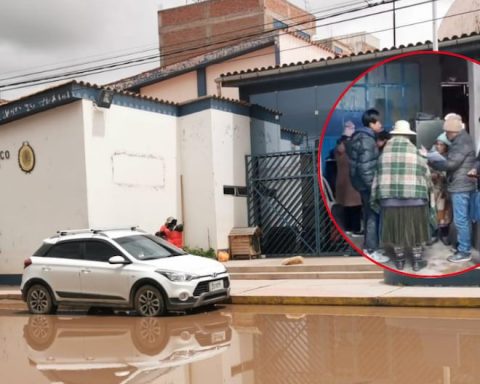What children and adolescents have lost by not being able to attend school may never be recovered, says the agency.
Cases of COVID-19 are on the rise again around the world, due to omicron, a new variant that public health experts and scientists are struggling to understand.
Amid growing uncertainty, many governments are considering whether to keep open schools is the best option. “One thing we do know for sure: Another wave of widespread school closures would be disastrous for children. Face-to-face education is necessary and urgent,” says Unicef, in a statement issued on January 21, 2022.
The agency points out that what children and adolescents have lost by not being able to attend school “may never be recovered.” Whether the learning loss, the effects on your mental healthhe, the exposure to violence and the mistreatment, wave limited social skills All of these consequences will affect children’s educational performance and participation in society, as well as their health.
???? Keeping schools closed means mortgaging the future of children and the country.#SchoolsFirst#Let’s go back to school@ONUecuador @Educacion_Ec @uniceflac @UNICEFenSpanish @UNICEF pic.twitter.com/K89GD7VXQn
– UNICEF Ecuador (@unicefecuador) January 21, 2022
loss for life
Unicef assures that this generation of school-age children could collectively lose 17 billion dollars in potential lifetime income.
The most affected are children who live in environments with few economic resources and who do not have access to distance learning tools, as well as the youngest who are in critical stages of their development.
These deficiencies occur, especially in those households that are in conditions of greater vulnerability. Parents and caregivers also pay a high price. Keeping children at home forces many fathers and especially mothers around the world to leave their jobs, especially in countries where family leave is very limited or non-existent.
“That is why we must avoid continuing to postpone the return to schools whenever possible. When community transmission of COVID-19 increases and strict public health measures become necessary, schools should be the last to close and the first to reopen. However, in the case of Ecuador, the decision has been to postpone the return to classrooms, as a first resort, “while everything else has remained open, including bars, restaurants, stadiums and recreational centers, places where children go with their families.”
The best defense against COVID-19 is the vaccine. ???????????????
We are vaccinating boys and girls throughout the country and will soon begin vaccinating children between 3 and 4 years of age.
Let’s take care of the little ones!#VaccinatedWe’reSafe pic.twitter.com/wQCbiainTD
— Guillermo Lasso (@LassoGuillermo) January 21, 2022
In the hands of the national COE
On Saturday, January 22, 2022, it is estimated that the plenary session of the national COE will meet to determine if it is feasible to return to the classroom in person. The meeting will be attended by government authorities, but also by the collective ‘Free the children’; which has collected more than 5,000 signatures from people who support the opening of schools.
“We know that mitigation measures in schools are effective. We must use this knowledge to do everything we can to keep schools open. You cannot wait for the number of cases to be zero”, Unicef
